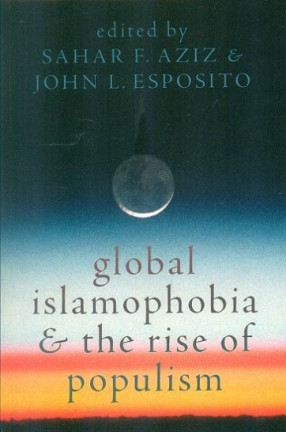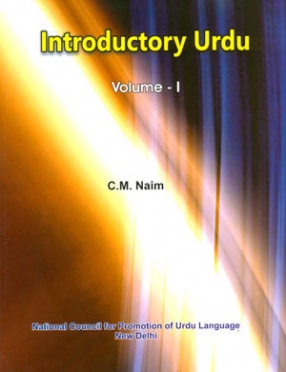Global Islamophobia and the Rise of Populism
In recent years, Islamophobia has seen a disturbing global rise. Blaming Muslim minorities for economic, political, and social problems is an increasingly common rhetorical strategy for politicians in countries worldwide. A narrative of the "threatening Muslim invader" is troublingly prevalent, regardless of whether the targets of such rhetoric are born citizens or new arrivals.
Its consequences are deadly and devastating for Uyghurs in China-indefinitely detained in concentration camps-Indian Muslims attacked in pogroms, and the Rohingya victims of genocide. In parts of Europe and North America, the consequences of Islamophobia are less overtly violent but no less harmful: Muslims are banned from wearing hijab, building minarets, opening Islamic schools, or legally immigrating to certain countries. In the United States, Europe, and India, Islamophobic rhetoric is increasingly normalized, fracturing ethnically diverse societies as xenophobic right-wing political ideals accumulate followers at an alarming pace. In turn, Islamophobia in the West gives license to discrimination elsewhere, creating a vicious cycle of Islamophobia.
Global Islamophobia and the Rise of Populism is the first book to systemically examine the complex factors contributing to the rise in Islamophobia and right-wing populism across three continents-North America, Europe and Asia. Internationally renowned scholars offer insightful and empirically grounded analysis linking local contexts with global trends. This groundbreaking book is an essential contribution to discourse on immigration, racism, xenophobia, and human rights.
Get it now and save 10%
BECOME A MEMBER









Bibliographic information
John L. Esposito